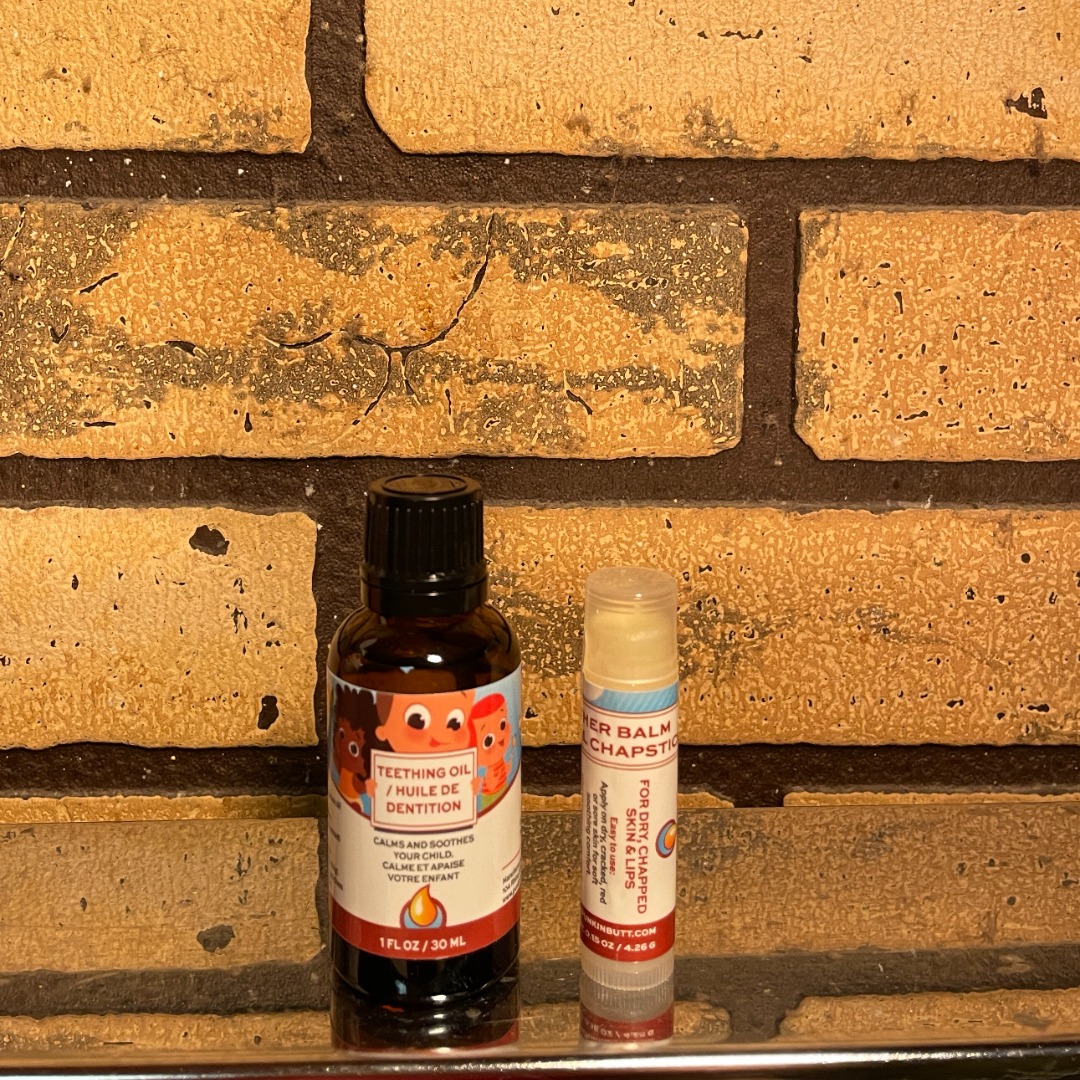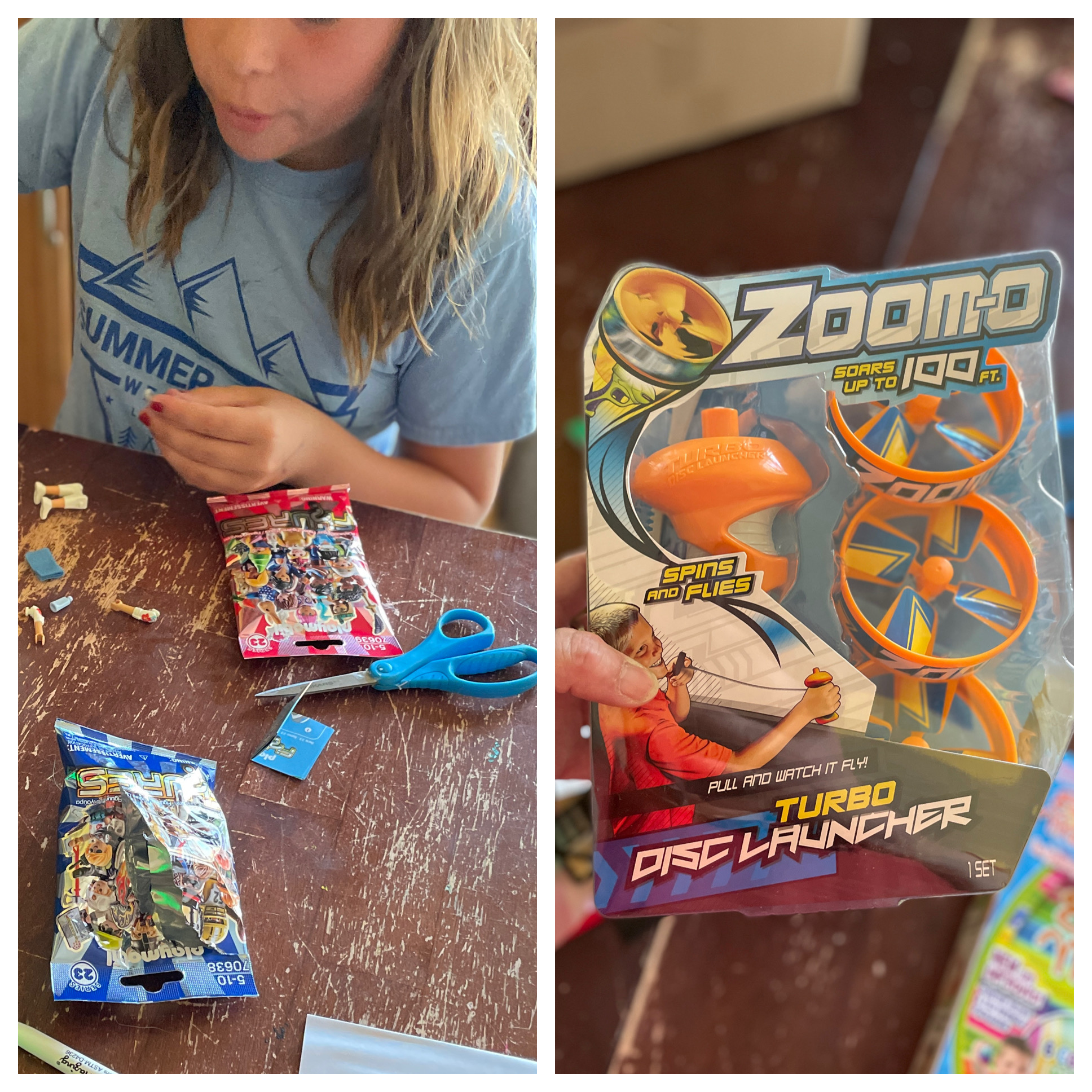Can Disciplining Someone Else’s Child Put You in Legal Trouble?
Kids will be kids. They’re just getting started in life and have a world of learning ahead of them. As adults and parents it’s our job to help them learn how to navigate within this world, how to recover from mistakes, how to deal with their emotions and a whole lot more. They look to adults for all kinds of help, and sometimes that help comes in the form of discipline. And discipline can come in many different forms. Regardless of your discipline preferences, it is important to keep in mind that although you may mean well, disciplining someone else’s child puts you on very sensitive ground.
Spanking at Home
Some of the more common forms of correction include spanking, grounding and time out. Everyone's parenting and correction style is different. Some adults prefer to have a conversation about the misbehavior and others believe that physical correction is more effective. Out of all the ways to discipline children, spanking may be the most controversial. It can also get you into the kind of legal trouble that may beg you to seek the help of professional sex crimes attorneys. Exposing a child’s bottom and recording the event could be considered child pornography.
Spanking an Unknown Child
Although parents and guardians are legally able to spank their children, things get significantly more complicated when a stranger or someone who is not in relationship with the child is involved. Criminal charges for assault are highly likely. If the child’s adults do not align with the idea that members of the community also play a role in child rearing, there will likely be trouble ahead. There have been many arrests of strangers who took it upon themselves to discipline another person’s child. The severity of the penalty will differ according to state law, but it typically ranges from jail time to fines.
Spanking with a Belt
Many adults use paddles, belts or even slippers to impose corporal punishment in their homes. Although this is legally okay, it leaves more room for possible legal trouble. Leaving marks, bruises, welts, and things that need medical attention can bring abuse into question. It’s generally accepted that spanking should be done with an open hand to avoid serious injury and the appearance of abuse. There is an extremely fine line between spanking and abuse, and all adults need to be clear on where and what that line is. It is legal to spank and apply “reasonable discipline” of children in all 50 states. But when an adult intentionally causes serious bodily injury or mentally impairs a child by exacting correction, child abuse will come into question.
It is important to discipline children, but there is much debate on the best and healthiest ways to go about giving correction. When it comes to the children of others, it’s probably best to stay out of it or kindly and thoughtfully address the other adult in the situation. Some parents do not mind outside help, but you’re far more likely to encounter legal trouble when inserting yourself in another family’s affairs.





